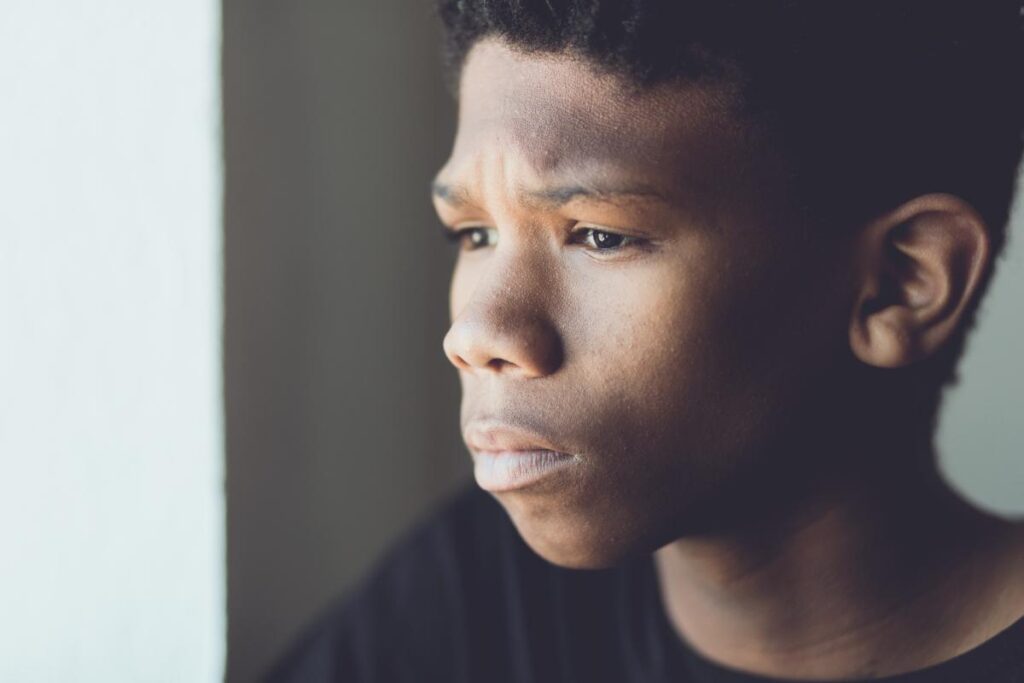People who live with panic disorder can struggle to maintain their quality of life through intense and frequent episodes of anxiety. Many people don’t know what helps with panic attacks or where to get panic attack help. This can be doubly crippling for people who have a substance use disorder, as the two disorders can often make each other worse over time. If your child needs help getting co-occurring disorders under control, reach out to the professionals at Foothills at Red Oak Recovery by contacting 866.300.5275.
Understanding Panic Attacks
The first step in improving the symptoms of a panic attack is understanding what they are and how they affect you. People who experience panic attacks regularly may have panic disorder—an anxiety disorder that results in sudden bouts of extreme terror or feeling a loss of control when there is no real threat.
Physical symptoms of a panic attack include:
- A racing heartbeat
- Difficulty breathing
- Breaking out in sweats
- Chest pain
- Nausea or stomach pain
- Feeling weak or dizzy
Often, a person experiencing a panic attack will mistakenly identify their symptoms as a heart attack. But while panic attacks are unnerving, they will typically resolve without serious damage.
What Helps with Panic Attacks?
Several different techniques and treatments exist that have been proven to help with panic attacks. In this article, we’ll cover just a few, but there are dozens of techniques and treatments available at a professional mental health treatment center.
Panic Attack Relief Techniques
Certain techniques can help you ride out panic attacks and improve your physical and psychological symptoms. The most common technique is to practice breathing exercises when a panic attack hits. A simple breathing exercise might look like this:
- Breathe in slowly and deeply through your nose for a count of five seconds
- Breathe out slowly and deeply from your mouth for a count of five seconds
- Repeat this exercise for several minutes, focusing on taking deep breaths and not getting distracted from your breathing
This technique is simple, but it can help distract people from their racing thoughts and remind them to breathe properly.
While these breathing exercises can help greatly in the moment, you should practice them regularly so that you know what to do when a panic attack hits. Consider taking up a meditation practice that focuses on the breath.
Another technique that helps with panic attacks is getting regular aerobic exercise. Working out conditions your hearts and lungs, making them more capable of dealing with sudden changes in heart rate or respiration. It can also help to reduce your stress levels, improve your mood, and release built-up tension.
Panic Attack Treatment
Professional treatment for panic disorder takes two main approaches: psychotherapy and psychiatric medicine. Both of these treatments can help reduce the frequency and intensity of panic attacks. These treatments are often combined for greater effect.
Therapy for panic disorder is typically delivered by a cognitive-behavioral therapist. It focuses on identifying negative thought patterns and behaviors that precede panic attacks, then guides you toward changing them. Psychiatric medications for panic attacks include beta-blockers, certain antidepressant medications, and benzodiazepines.
Start Getting Panic Attack Help with Foothills at Red Oak Recovery
If you or your teen boy is struggling with both a substance use disorder and co-occurring mental illness, the best thing you can do for your holistic health is to start an addiction treatment program that offers dual-diagnosis treatment.
At Foothills at Red Oak Recovery, our team is committed to helping adolescent boys break free from substance use disorder and regain control over their mental health. Contact our team today by calling 866.300.5275 to learn more about our extensive treatment options for co-occurring disorders.

